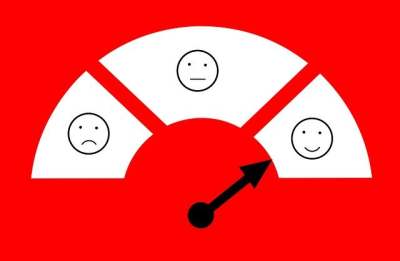The pandemic has shone a spotlight on how businesses behave and how they treat their customers. Whether it’s airlines not giving refunds or businesses profiteering through price hikes, consumers are taking note of the companies that are doing the right thing and those that don’t.
Refunds have been a huge issue for consumers. Last the year Ombudsman Services undertook a survey regarding the effect of Covid-19 on complaints. It found that consumers have generally been more tolerant of companies this year and found that 24% of those surveyed said that they did not complain at all during the last lockdown, as they were more lenient. 41% said that they had become more tolerant of poor service and 10% said that they were less tolerant.
However, this tolerance has not lasted and consumers’ patience is now certainly wearing thin with companies that are misbehaving.
Consumers are clearly stating that they will not use companies again that have treated them badly. Those companies that are stubbornly and illegally holding onto refunds will see consumers request Section 75 refunds on their credit cards or go to the Small Claims Court and win. In failing to respect their customers they will lose both the spending and the goodwill of their clients. And bad news about companies spreads quickly.
So, what are the legal rights which you can assert when you are having difficulty with a trader?







